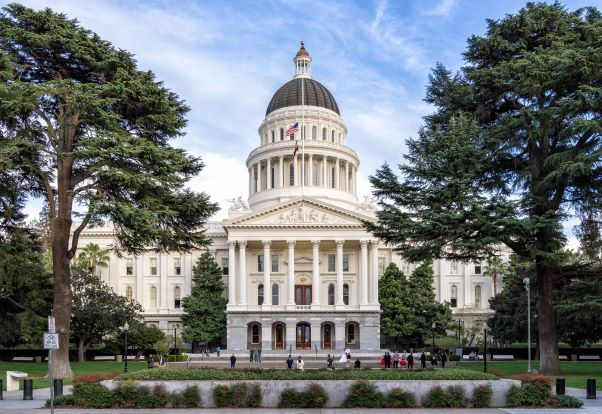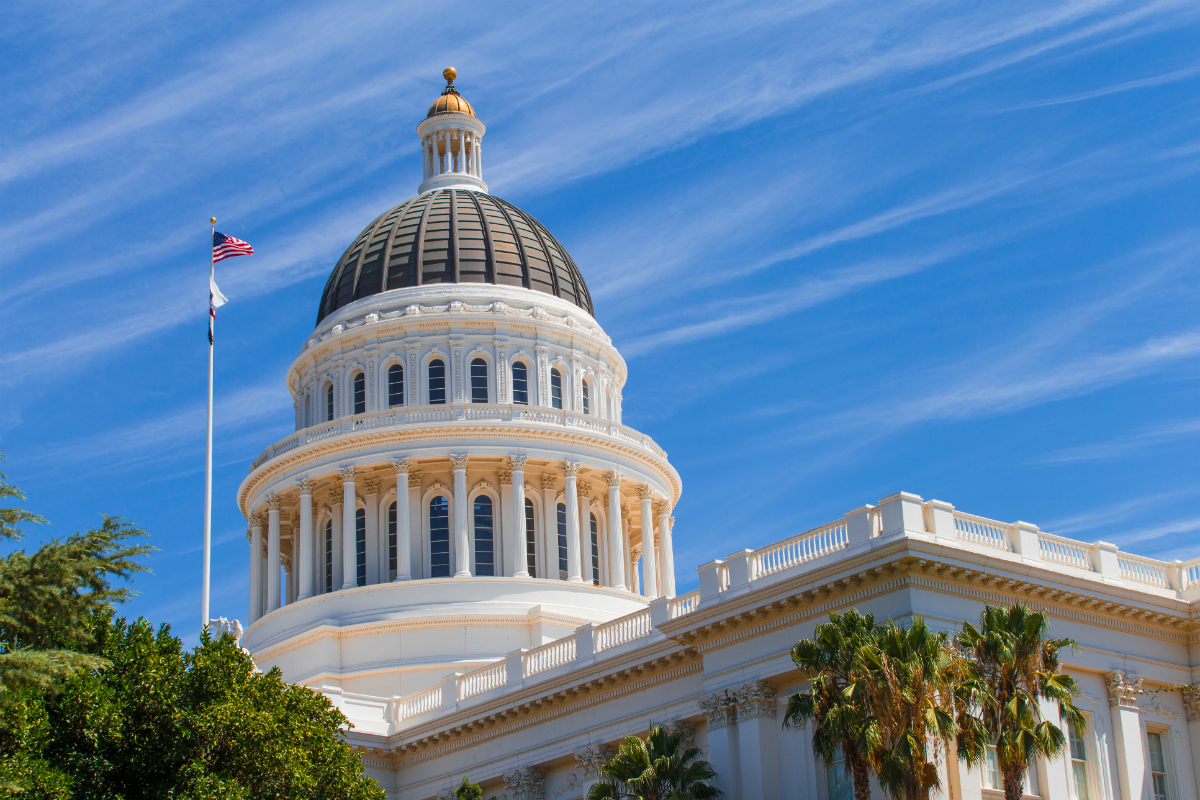Since Gov. Gavin Newsom declared a state of emergency due to COVID-19 on March 4, 2020, he has issued more than 60 executive orders to address pandemic-related issues. Executive orders are issued by the Governor to require action by various state agencies and to order other actions within the Governor’s authority without action by the Legislature. On June 11, 2021, Gov. Newsom issued Executive Order N-08-21, which provided for the expiration of portions of several of those previous 60 COVID-19-related executive orders, with provisions expiring either June 30, 2021 or Sept. 30, 2021. A number of the expiring executive order provisions apply to local educational agencies and CSBA members. The changes are summarized below.
Instruction and programs
- Executive Order N-26-20 provided that LEAs were not prohibited from offering distance learning due to school closures. This provision will expire effective June 30, 2021. Unless changed by the Legislature, LEAs will not have the same authority to utilize distance learning they did under the Executive Order or other statutes, though they may be able to proceed under the requirements of the independent study statutes.
- Executive Order N-47-20 suspended certain eligibility criteria for enrollment in child care programs under Education Code section 8263 in order to expand eligibility for child care for essential workers. This provision will expire effective June 30, 2021.
- Executive Order N-56-20 waived the required minimum instructional minutes and adequate facilities for physical education. This waiver will expire June 30, 2021. The minimum instructional minutes and requirement for adequate facilities in the Education Code for physical education will apply for the 2021–22 school year.
Funding and LCAP
- Executive Order N-26-20 provided hold harmless funding provisions for school closures (which allowed LEAs to maintain their funding based on average daily attendance reported prior to the pandemic). This hold harmless funding provision will expire effective June 30, 2021. (Note that the Legislature also passed Senate Bill 117 which contained similar provisions.)
- Executive Order N-56-20 waived the requirement that governing boards of school districts, county boards of education, and governing boards of charter schools review data to be publicly reported for the California School Dashboard local indicators in conjunction with adoption of the Local Control and Accountability Plan. This waiver will expire June 30, 2021.
- Executive Order N-56-20 waived a number of the requirements for adoptions of LCAPs. These waivers will expire effective June 30, 2021. LEAs will need to return to implementing all Education Code provisions regarding the LCAP starting July 1, 2021.
- Executive Order N-71-20 provided that in LEAs that initiated a school closure between March 13, 2020 and June 30, 2020 to address COVID-19, the closure shall qualify as a condition that prevents the maintenance of the LEA’s schools during a fiscal year for at least 175 days pursuant to Education Code section 41422. It also suspended the requirement in Education Code section 41422 to submit affidavits of the members of the governing board of the school district, the governing board of the county office of education and of the county superintendent of school. These provisions will expire effective June 30, 2021.
Brown Act, meetings, and hearings
- Executive Order N-29-20 (clarified by Executive Order N-56-20) suspended several provisions of the Brown Act regarding open meetings in order to allow LEA governing boards, including charter schools or their managing entities, to hold teleconference or videoconference meetings. The suspension of these provisions will expire on Sept. 30, 2021 unless legislation is passed that incorporates these or similar provisions. Otherwise, as of that date, all statutory requirements of the Brown Act will apply, and LEAs must follow those provisions.
- Executive Order N-35-20 contained a provision allowing members of local legislative bodies, including school boards and county boards of education, to receive updates from, and ask questions of, federal, state and local officials to stay apprised of emergency operations and the impact of the emergency on their constituents. This provision will expire effective Sept.30, 2021.
CalPERS
- Executive Order N-25-20 suspended reinstatement and work hour limitations for CalPERS retired annuitants. This provision will expire effective June 30, 2021. All statutory limits on employment of CalPERS annuitants will apply after that date.
Claims
- Executive Orders N-35-20 and N-71-20 contained provisions extending the time by which a person must file a Government Tort Claim by 120 days. These provisions will expire effective June 30, 2021. The current statutory filing deadlines in the Government Code will apply effective that date.
- Executive Order N-63-20 provided an extension of time for employees to file certain claims with the Labor Commissioner. This extension will expire June 30, 2021.
- Executive Order N-63-20 extended the time for Cal/OSHA to issue citations and for the appeal of Cal/OSHA citations. This extension will expire June 30, 2021.
Employment
- Executive Order N-63-20 suspended the requirement to post notices on “employee bulletin boards.” This suspension will expire effective June 30, 2021.





